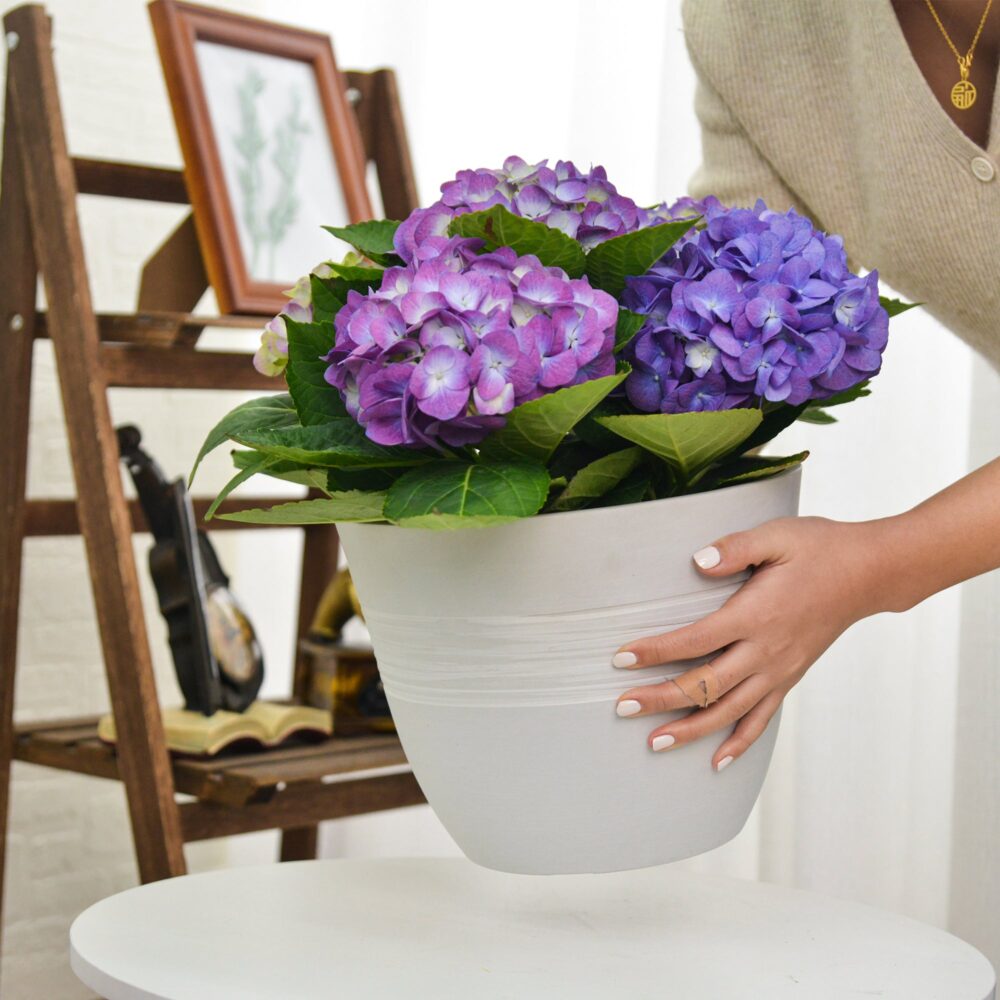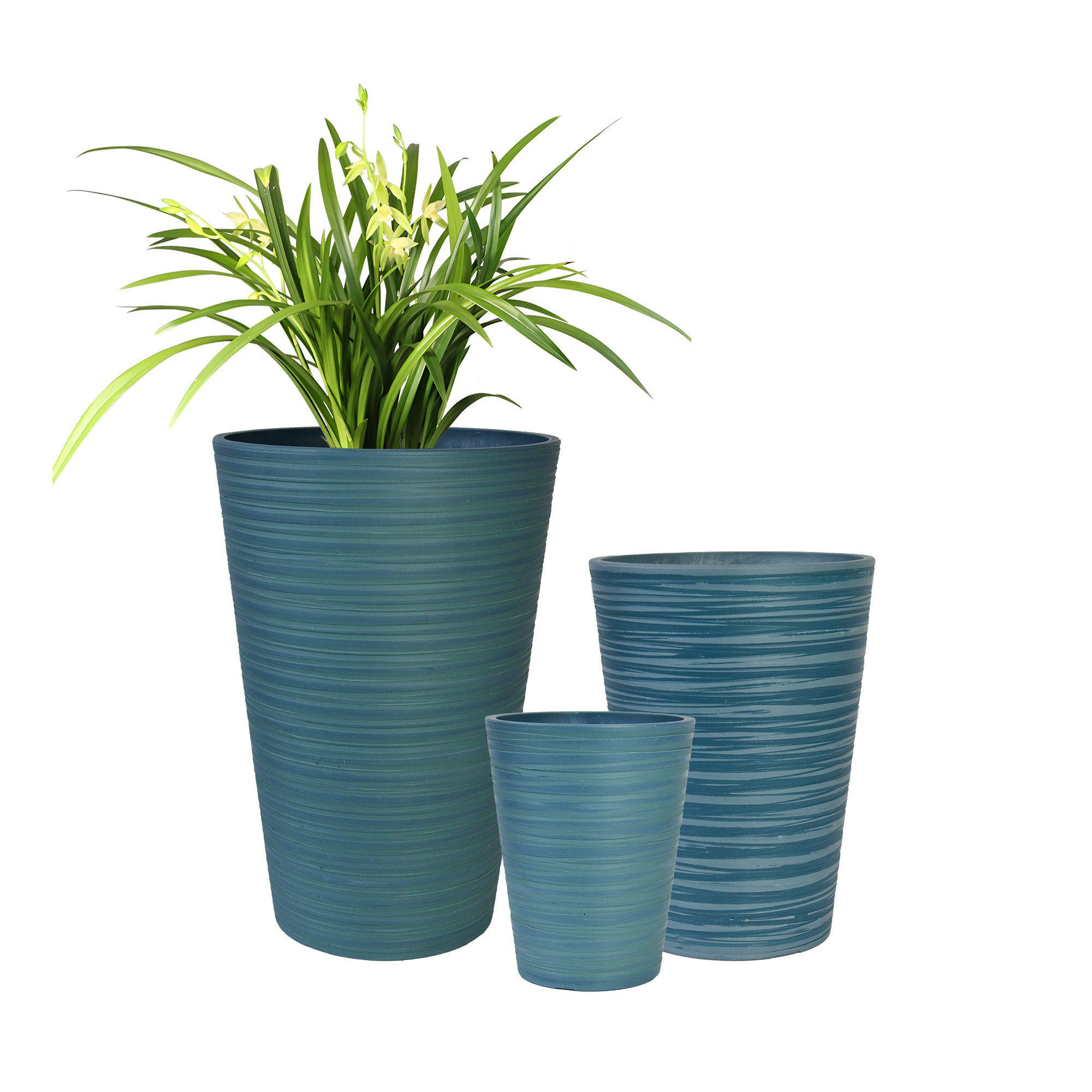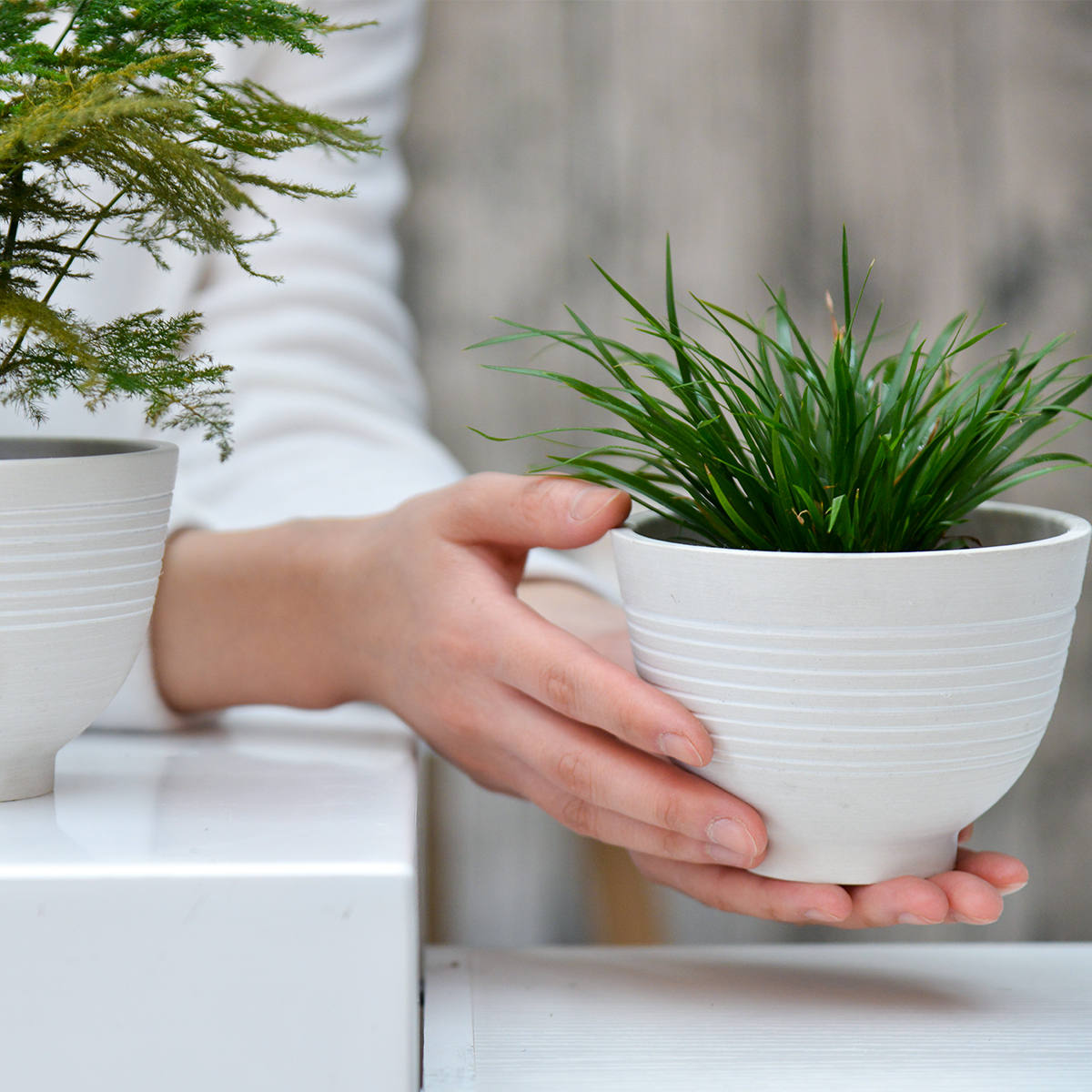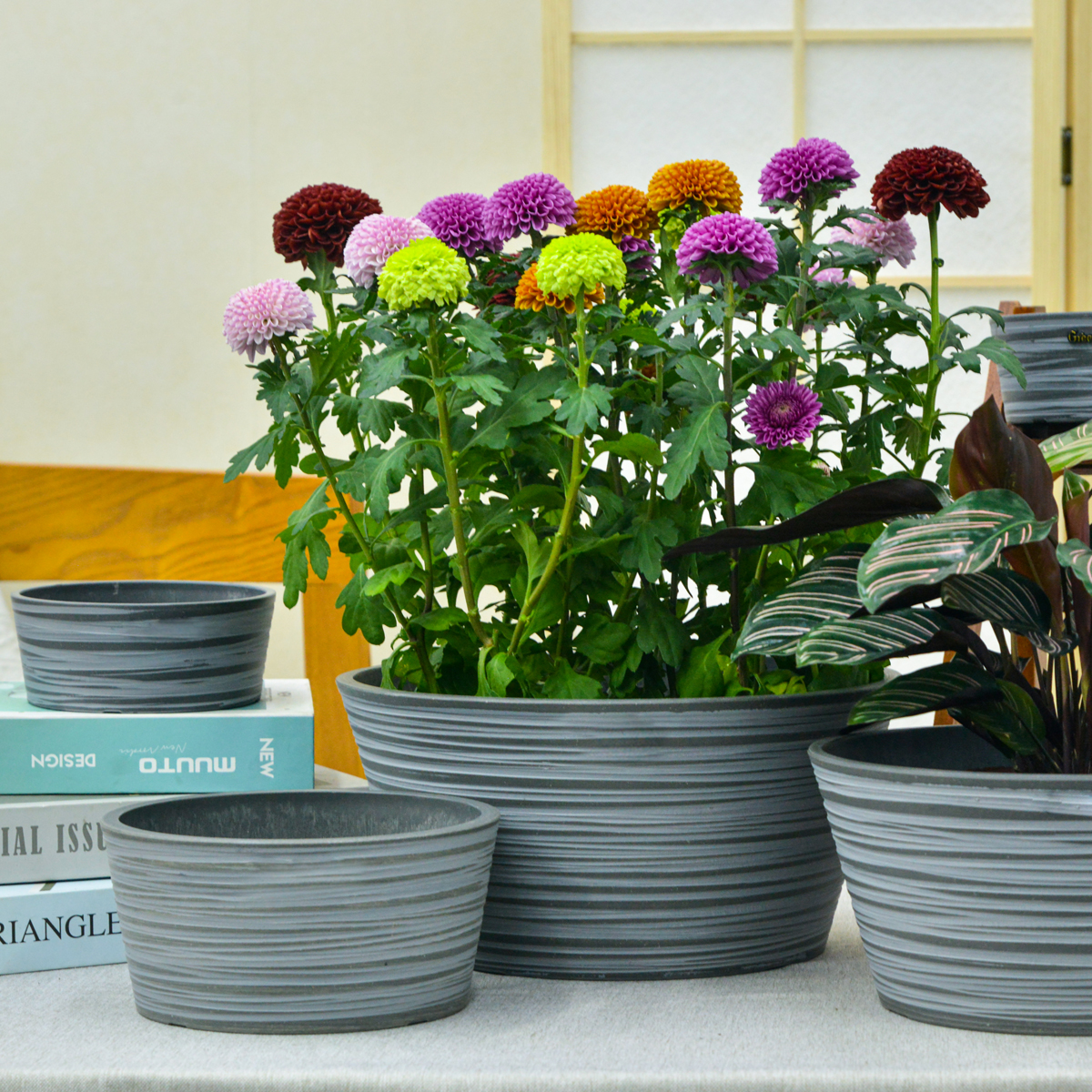The Surprising Secret to Explosive Blooms: This Natural Ingredient Might Be Your Plant’s New Best Friend!
Plants bring beauty and life to any space, and for gardeners, ensuring they bloom and stay healthy is a top priority. However, if your plants aren’t flowering as expected or seem lackluster, they might need an extra boost of nutrients. A fascinating way to enhance their health and encourage abundant blooms is by using a surprising yet powerful organic amendment: coal.
Why Use Coal to Grow Plants?
Coal, in its natural, untreated form, contains essential nutrients that can benefit plant development. When used correctly, it can significantly improve soil quality and contribute to better plant growth. Here are some key benefits of using coal in your gardening practices:
- Nutrient Rich: Coal contains trace minerals, including potassium and carbon, which are beneficial for healthy plant growth.
- Improved Soil Structure: Adding coal to the soil can help enhance its texture, making it more aerated and allowing roots to grow more freely.
- Moisture Retention: Coal can aid in retaining moisture in the soil, ensuring plants have access to adequate water for longer periods.
- Erosion Control: When incorporated into the soil, coal can help reduce erosion by increasing soil stability and minimizing the loss of essential nutrients.

How to Make a Coal-Based Organic Fertilizer
This simple fertilizer can be used to nourish a variety of plants, including cacti, succulents, geraniums, hydrangeas, and even ZZ plants. It’s easy to prepare and can be quite effective in providing plants with the necessary nutrients for better blooming and overall growth.
Ingredients You’ll Need:
- 1 tablespoon of finely crushed, untreated natural coal (ensure it’s not coal ash or treated coal)
- 1 liter of water (approximately 4 cups)
Step-by-Step Instructions:
- Choose the Right Coal: Start with selecting untreated, natural coal. Avoid using coal that has already been burned (coal ash), as it will have lost its beneficial properties during combustion. Using fresh, untreated coal ensures the retention of essential minerals needed for plant growth. Look for terms like “raw coal” or “untreated coal” at garden centers or online suppliers that specialize in soil amendments.
- Crush the Coal: Break down the coal into very small pieces. The finer the pieces, the better they will disperse in the water and potentially be accessible to the plant roots. You can use a hammer and a sturdy surface to carefully crush the coal.
- Mix with Water: Add one tablespoon of the finely crushed coal to one liter of water. Stir the mixture thoroughly to ensure the coal particles are evenly distributed.
- Let it Sit: Allow the mixture to sit for several hours, or even overnight. This resting period allows the coal to release its beneficial compounds into the water.
- Filter (Optional): If you prefer a clear solution, you can filter the mixture before using it to remove the solid coal particles. However, this step is not strictly necessary, as the coal fragments will naturally settle in the soil over time.
- Apply: Use this coal-infused water to nourish your plants approximately once a month. Pour it directly onto the soil, ensuring it reaches the root zone where nutrient absorption is most effective.
Plants That May Benefit from This Fertilizer
While this natural fertilizer can be used on a wide range of plants, it may be particularly beneficial for:
- Cacti and Succulents: These plants thrive in well-aerated soil with good moisture retention, making coal an excellent addition.
- Geraniums: Known for their vibrant and colorful blooms, geraniums require nutrient-rich soil for continuous flowering.
- Hydrangeas: These flowering shrubs need ample moisture and minerals to produce their large, showy blooms.
- Zamioculcas (ZZ Plants): This hardy plant can benefit from the extra nutrients and improved soil quality provided by coal.
- Other Flowering and Foliage Plants: Most indoor and outdoor plants can potentially benefit from a coal supplement, as it supports overall plant health and vigor.
Additional Benefits of Using Coal in Gardening
- Sustainable and Cost-Effective: Untreated natural coal can be an affordable and widely available resource. By using it in your gardening, you can enrich your soil without relying on expensive commercial fertilizers.
- Encourages Beneficial Microbes: Coal can provide a suitable environment for the growth of beneficial microorganisms, contributing to healthier soil.
- Reduces Soil Compaction: Over time, soil can become compacted, reducing airflow to plant roots. Coal can help prevent this by improving soil aeration.
- Enhances Root Development: Strong, well-developed root systems lead to healthier plants that are better able to withstand environmental stresses.
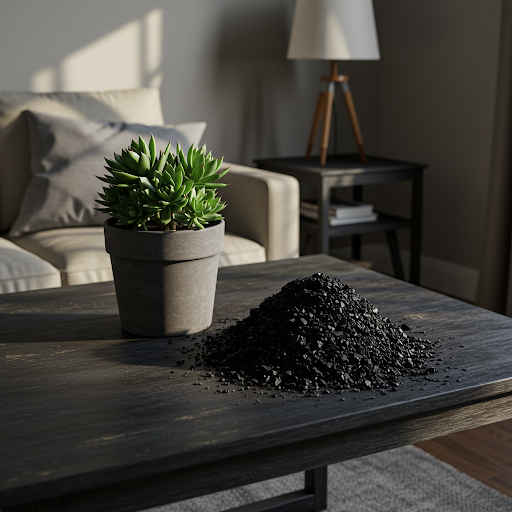
Best Practices for Using Coal in Your Garden
To maximize the benefits of using coal for plant growth, consider these tips:
- Use Sparingly: While beneficial, using too much coal can alter the soil composition. Stick to the recommended dosage of one tablespoon per liter of water.
- Combine with Other Organic Fertilizers: For even better results, consider using coal in conjunction with compost or other organic plant feeds to create a balanced nutrient profile.
- Monitor Plant Response: Observe your plants after applying the coal mixture. If they show signs of improved growth and blooming, continue with monthly applications. If any negative effects occur, adjust the frequency or amount accordingly.
- Ensure Proper Drainage: While coal helps retain moisture, excessive water retention can lead to root rot. Ensure your pots or garden beds have proper drainage to prevent overwatering issues.
Using Coal Fertilizer for Potted Plants:
This coal-infused water is also suitable for potted plants. Apply the solution directly to the soil, ensuring it soaks through. Be mindful of not overwatering, even with the moisture-retaining properties of coal. A monthly application should be sufficient for most potted flowering plants.
Conclusion
Using untreated natural coal as an organic amendment can be a simple and effective way to improve soil quality and promote healthy plant growth, potentially leading to more abundant blooms. By incorporating this natural ingredient into your gardening routine, you can enhance moisture retention, provide essential nutrients, and encourage vigorous flowering in a variety of plants. Whether you’re growing flowering plants, succulents, or leafy greens, coal may offer a surprising boost towards achieving a healthier and more vibrant garden. With regular application, your garden could be thriving with beautiful blooms and resilient greenery.
Planter for Indoor Outdoor Plants, Set of 2 Modern Decorative Plant Pots with Drainage Hole, Decorative Flower Pots
By greenship-seo|2025-01-14T12:26:44+00:00January 14, 2025|Categories: Hand-carving Series|Tags: Decorative Flower Pots|
Planter 6 in W / 8 in W / 12 in W Indoor or Outdoor Plants, Modern Decorative Plant Pots with Drainage Hole, Decorative Flower Pots
By greenship-seo|2025-02-06T13:43:53+00:00January 16, 2025|Categories: Hand-carving Series|Tags: Decorative Flower Pots|
KC3-14A
By greenship|2024-08-16T06:26:30+00:00August 16, 2024|Categories: Hand-carving Series|
11THD
By greenship|2024-08-13T02:52:20+00:00August 13, 2024|Categories: Hand-carving Series|
11V
By greenship|2024-08-13T03:05:48+00:00August 13, 2024|Categories: Hand-carving Series|
11TH
By greenship|2024-08-13T02:50:25+00:00August 13, 2024|Categories: Hand-carving Series|

